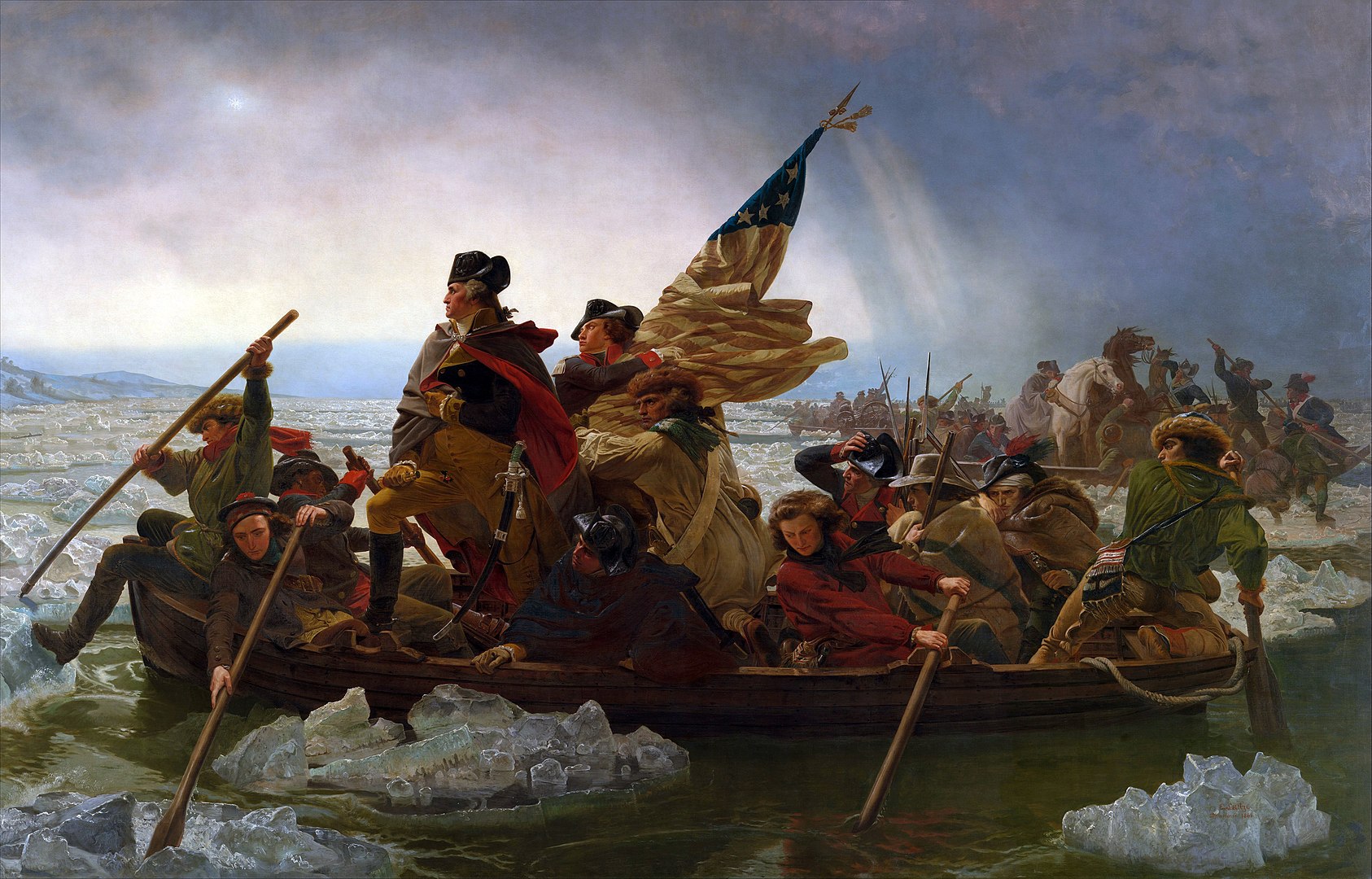Facts, information and articles about George Washington, the first U.S. President
George Washington Facts:
Born
2/22/1732
Died
12/14/1799
Years Of Service
1775-1783
Spouse
Martha Dandridge Custis
Rank
Major General
Commander in Chief
Battles
Siege of Boston
Philadelphia campaign
New York Campaign
Accomplishments
General of the Continental Armies
First President of The United States
George Washington Articles
Explore articles from the HistoryNet archives about George Washington
» See all George Washington Articles
George Washington summary: George Washington is best known as the leader of the Continental Army during the American Revolutionary War, one of America’s first Founders, and the first president of the United States. He was born in February 22, 1732 in Westmoreland County, Virginia in 1732. As a young man, he was a surveyor. His military career began with his involvement with the Virginia militia, including a notorious mission he undertook on October 31, 1753, to deliver a message to the French in the Ohio Valley from Lieutenant Governor Robert Dinwiddie; he almost lost his life on the return trip home after he fell from a raft into the icy waters of the Allegheny River. In August 1755, at the mere age of 23, he was given command of the Virginia militia forces due to his heroism. He resigned in December 1758 and returned to his home, Mount Vernon. He married a rich widow, Martha Custis, later that year.
While Washington focused on his farming for the next few years, eventually expanding his 2,000 acre farm to 8,000 acres, he also became involved in politics. In 1758, he was elected into the Virginia House of Burgesses, and in 1774, he was one of Virginia’s representatives in the Continental Congress. When the Revolutionary War began, Washington became the Continental Army’s commander in chief. He was elected as the first president of the United States in 1789. Washington laid the foundations for the role of a president during his first term; he served a second term, during which his focus was foreign affairs. He refused a third term, and retired to Mount Vernon in 1797; he died two years later.

